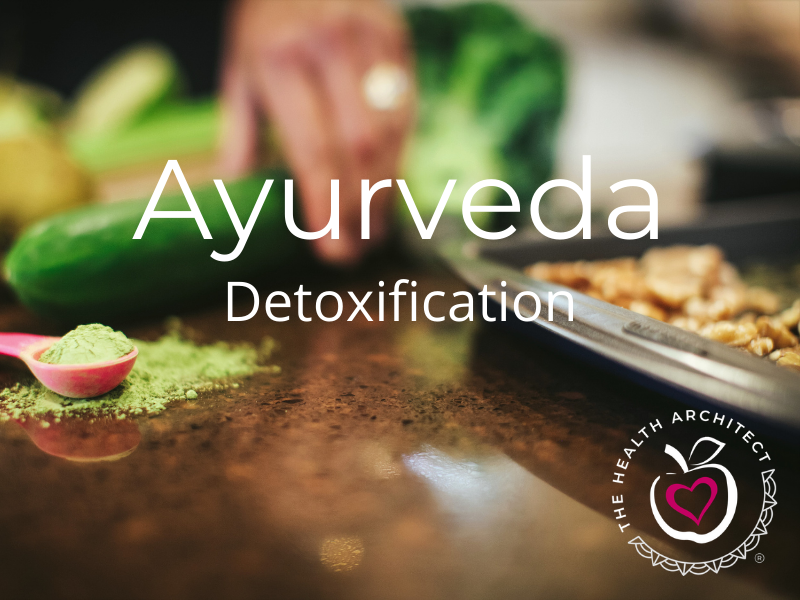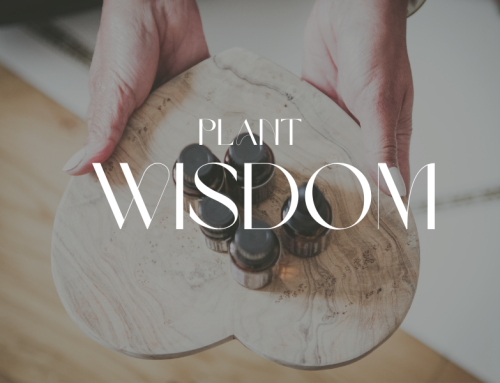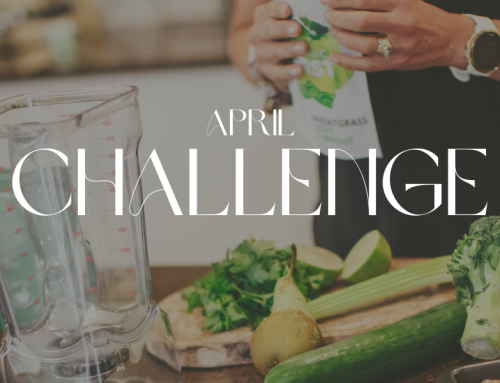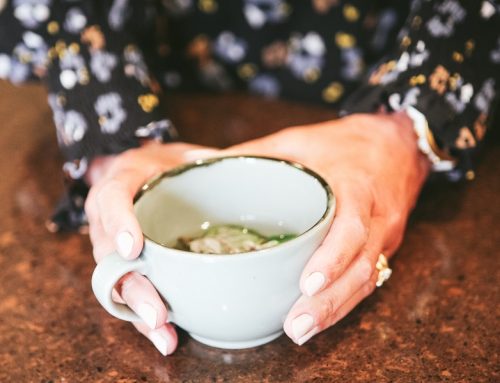Adopting a more Sattvic diet will, over time, encourage the elimination of toxins and the human body has an incredible capacity for cleansing itself. However, both Ayurvedic practitioners and modern-day nutritional therapists share the belief that supporting the liver, improving digestion and reducing toxic load can massively improve our immediate and longer-term health.
The Ayurvedic approach to becoming more Sattvic often starts with purgation; some of the original purgation strategies are quite extreme; treatment was under the strict control of an Ayurvedic practitioner who would recommend particular purgation therapies based on dosha. Extreme purgation is still carried out to this day in traditional clinics in India, particularly in Kerala, the birth-place of Ayurveda. However Ayurvedic dietary detoxing actually looks very similar to current thinking on how best to reduce toxic load; key strategies include:
Non-starchy vegetables
Increased intake of lightly steamed vegetables such as courgettes, spinach, asparagus, green beans, leeks, and cruciferous vegetables as well as eating more salads/raw vegetables will all provide high levels of minerals and antioxidant vitamins that assist with detoxification. Plus, cruciferous vegetables support the detoxification hormone break-down products.
Pulses, grains, seeds & nuts
Lentils, chickpeas, quinoa, buckwheat, and raw nuts and seeds all help to maintain stable blood sugar levels whilst also being incredibly rich in minerals and vitamins including B- vitamins, which are known to improve metabolism and liver function. Wholegrains also contain phenolic acid which has been found to improve detoxification.
Hydration
It is obvious but so many people neglect to drink enough water. The ancients recognized the importance of drinking plenty of water to help flush out toxins. Adequate hydration is also essential for the excretion of old hormones; aim for at least 2 litres of caffeine-free fluid per day.
Increase dietary intake of antioxidants
Ayurveda believes that the antioxidant vitamins A, C and E, can rejuvenate and repair the body whilst also protecting from further free-radical damage. Functional medicine also recognises that an adequate intake of antioxidants is essential in order to reduce oxidative stress and that vitamins A, C and E all support liver detoxification.
Avoid caffeine & alcohol
Coffee is thought to be particularly aggravating for Vata types because of its drying and stimulating properties. Caffeine and alcohol both increase the toxic load on the liver and are also known to irritate the epithelial cells in the gut wall so these should be excluded from the diet to enable healing to take place. In addition, alcohol impairs the body’s ability to absorb and assimilate many vitamins and minerals, particular B vitamins.
Avoid Nightshade Vegetables
White potatoes, peppers, aubergines and tomatoes belong to the nightshade family which Ayurveda believes can aggravate both Pitta and Vata dosha types. They contain high levels of alkaloids which can affect the metabolism of calcium and can cause digestive discomfort for some.
Avoid refined carbohydrates
Refined carbohydrates such as white flour, fruit juice, biscuits, cakes and energy drinks will cause a rapid spike in blood glucose. This gives an initial boost of energy but often too much insulin is released; energy levels crash as blood sugar levels drop too low – leaving you jittery and reaching for another biscuit! So, the “roller-coaster” ride begins! Chronically elevated levels of insulin lead to other metabolic changes including type 2 diabetes.
